
The Free Press

Recently, Iraq took a concrete step toward a heinous objective: to allow men to marry nine-year-old girls.
Is the world up in arms about this barbarity? Hardly.
Few in the West even realize that child marriage is already prevalent in Iraq. Though Iraqi law currently prohibits individuals under the age of 18 to wed, children as young as 15 can get married with the consent of both a judge and a guardian. And yet religious leaders often flout this law by conducting “unregistered” wedding ceremonies.
Last year, the United Nations found that in 22 percent of Iraq’s unregistered marriages, the bride is under age 14. And despite the law, 28 percent of Iraqi girls are married before reaching adulthood.
Feminist groups have been campaigning for the government to do more to protect girls from underage marriage for years—but the government appears to be running in the opposite direction. Last month, in Iraq’s parliament, religious conservatives proposed an amendment to family legislation. Currently, the state has the final say in family matters; if this legislation passes, couples would be able to give religious leaders complete authority over their affairs—to dictate whether a wife may divorce, for instance, or whether parents may marry off their nine-year-old daughter to a man three times her age.
The draft legislation passed its first reading.
It’s worth mentioning here that marital rape is not recognized as a criminal offense in Iraqi law. Allowing minors to marry effectively legalizes child rape.
Religious clerics would object to this characterization. According to Islamic scripture, the prophet Muhammad married Aisha when she was six years old, and consummated the marriage when she was nine. If the holiest man—the greatest role model ever to have lived—did something, the clerics might say, then how can it be wrong?
I was forced into marriage as a teenager, a nineteen-year-old. My mother chose a husband who abused me. Fortunately, I was in Canada, so it was possible—though difficult—for me to escape. But once you have heard my story, please pause to imagine what it would be like to suffer the same fate if you were a nine-year-old girl in Iraq.
I was born in Vancouver to an Egyptian mother and Palestinian father. My parents divorced, and when I was six years old, my mother married an Egyptian man who already had a wife. In Islam, a man can have up to four wives.
My stepfather entered our lives and deemed everything haram—religiously forbidden. Riding a bike? Haram. Listening to music? Haram. Celebrating birthdays? Haram. Swimming lessons? Haram. Playing with non-Muslim friends? Haram.
My childhood was a nonstop cacophony of haram, haram, haram.
When I reached that important age of nine, my head was wrapped in a hijab, and I was sent to an Islamic school in Vancouver, where I was taught to keep my eyes low and my voice lower: to be a submissive girl.
When I failed, I was punished. If I accidentally missed prayer, or failed to memorize the Quran correctly, I was whipped—on the soles of my feet, so that my wounds weren’t visible to the world. Sometimes, the pain was so bad it was hard for me to walk.
One day, when my stepfather saw that I had spelled my name with a J—Jasmine, not Yasmine—he accused me of trying to be more “Western.” For this crime, the retribution was particularly harsh: I was hung upside down by my ankles.
I hated every single second of my childhood. My mom was under a spell, I thought, and I yearned for it to break; I wanted to go back to life the way it was before she married that man.
When I turned 13, there was a ray of hope. I was allowed to go to a public school, because there was no Islamic high school in my area of Vancouver. There, I confided in one of my teachers that my home was abusive. He alerted law enforcement, and an investigation ensued, but the judge eventually ruled that it was not appropriate for him to protect me from my abusive family—because corporal punishment was simply part of our culture.
If I had been a blonde, blue-eyed child with a German family, or an American one, I might have been protected. But because it was an Egyptian man who was subjecting me to unspeakable acts of violence, the abuse was apparently acceptable to the Canadian state. I had to endure it.
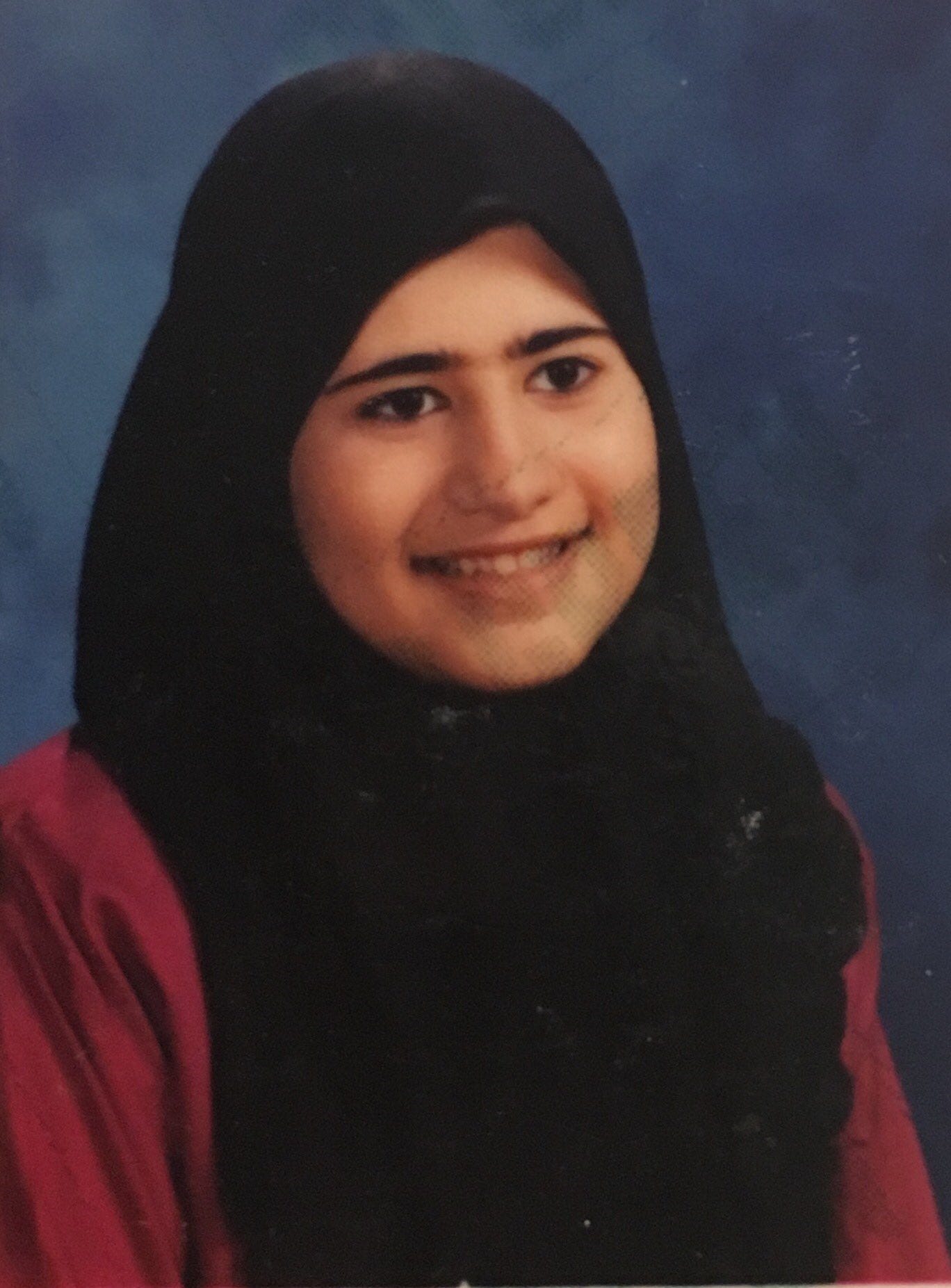
In the years since, I have spoken to hundreds of women who have had similar experiences across the West—who have been let down by law enforcement because of cultural relativism, the progressive ideal that we shouldn’t hold other cultures to our own standards, even when those standards are the law.
There’s my friend Sadia Khan, for instance, who grew up in the UK with Pakistani parents. (Her father was born in the UK; her mother, in Pakistan.) When she was 15, her parents found out she had a boyfriend, and beat her for it. When social services got involved, they sent a translator—even though Sadia’s father is a native English speaker. The aim was to be “inclusive.” But the translator told her parents, in Urdu, that if they wanted to protect their daughter, they should send her to Pakistan to get married before she turned 16, when she would gain more rights in the UK.
After my own experience of being failed by Western authorities, my family called me a traitor. They taunted me. I had gone running to the accursed nonbelievers, and for naught. They didn’t care about me.
The experience diminished me. I stopped fighting. And at nineteen, I was coerced into marrying a terrorist, a member of al-Qaeda named Essam Marzouk, who is currently imprisoned in Egypt. My mother felt that he was “strong enough to control me.” Finally, she could offload her troublesome teen to a man who would keep her in line and keep her quiet.
And it worked. I was buried, head to toe, in a black niqab. Thick black socks, gloves, and abayas—long, robe-like garments—were all delivered from Saudi Arabia. Every inch of me was shrouded; I was cut off from humanity entirely. My mind and soul began to slowly rot.
Meanwhile, my husband began to beat me for my insubordination. Only a whore would have the curtains open so that any man passing by could see her without a hijab! We lived on the seventeenth floor of a Vancouver apartment building. Do lecherous Western men have wings?
I was reminded that Allah had given men the divine right to beat their wives, and to rape them. A wife is property. Her consent is irrelevant.
When I learned I was pregnant with this man’s child, my emotions were mixed. But the second my daughter was born, I felt certain for the first time in years: I knew I had to protect her, and this primal instinct gave me courage I had previously lacked. Her father—with my own mother’s help—was planning to take my baby to Egypt so that female genital mutilation could be performed on her. I was planning our escape.
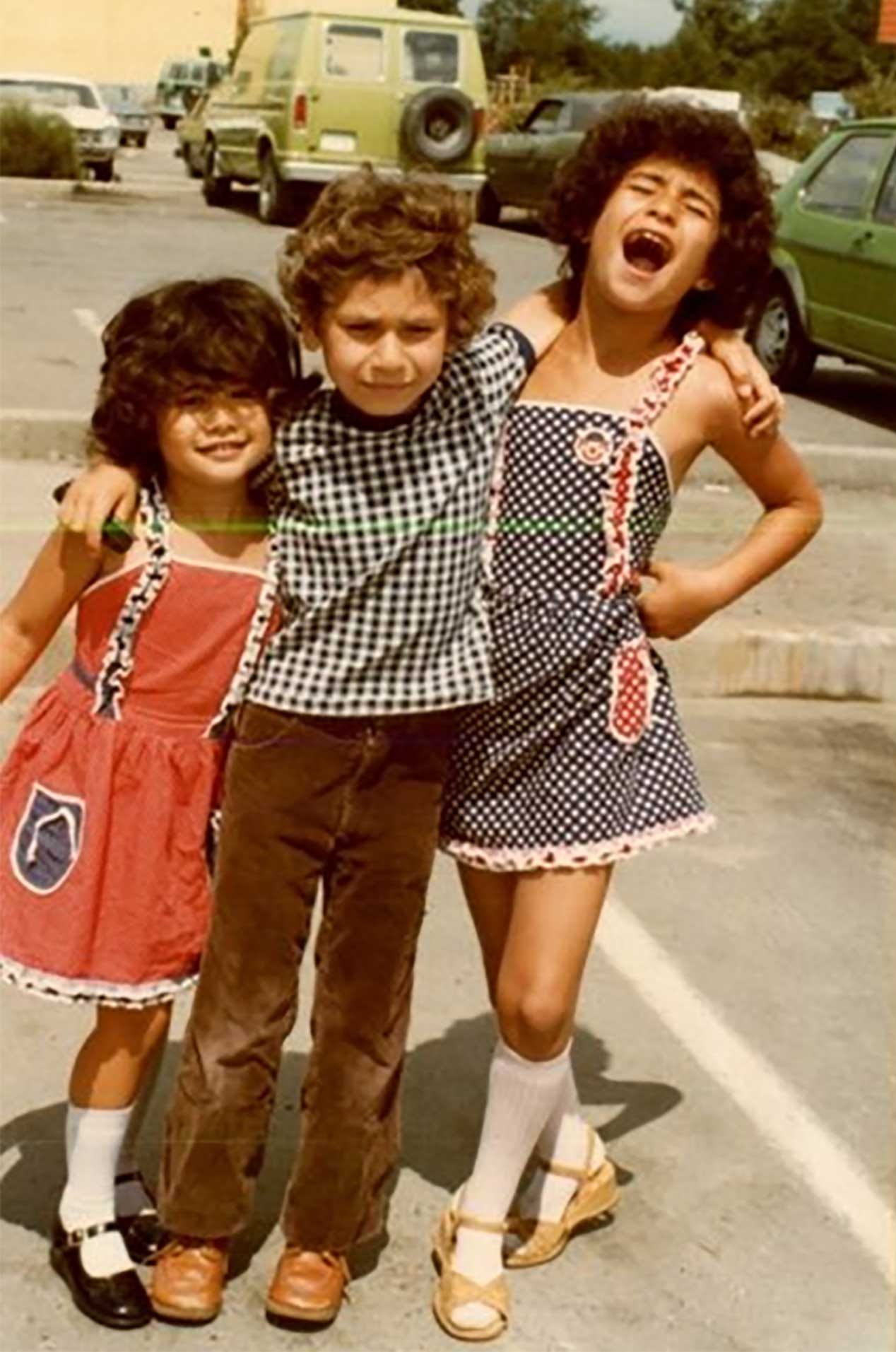
The series of events that got me out of my husband’s house and into a cheap, illegal basement apartment was complicated. (The whole story is in my memoir, Unveiled.) But suffice it to say that I was able to get student loans, go to university, and eventually support myself and my daughter.
I wanted nothing more than to be an example to her, to be a strong woman she could look up to. I wanted every memory of my being covered in black cloth, essentially enslaved, to be completely eradicated from her mind.
I succeeded, and not a day goes by when I am not grateful. Over the years, I’ve heard so many stories of honor killings. There was the Iranian man who beheaded his 17-year-old wife, who he had married when she was just 12. There was the Afghan woman who sought asylum in Australia with her family, only for her family to coerce her into marrying a man who would murder her two months later.
Every time I hear one of these stories, I think: That could have been me. It could have been my daughter.
When I see how many women are suffering, as I suffered, it reminds me how important it is to speak openly about my ordeal. In response, I have endured vicious criticism. Over the years, Islamic extremists have filled my inboxes with violent threats, accusations that I am a “Western puppet.”
This is the most damning insult of all in the Islamic world. It is the kind of accusation leveled at the brave women in Iran who have staged protests against hijab laws. Or at the courageous people who, last month, took to the streets of Baghdad and Basra to protest the proposed changes to Iraq’s family law. Or indeed at those who object to recent developments in Afghanistan.
Last month, Taliban leaders introduced new “vice laws” that force women to veil themselves completely in public—and prohibit them from singing, reciting, or reading outside the home. When a UN report criticized this erosion of women’s rights, Taliban spokesperson Zabihullah Mujahid claimed that the organization was assessing Afghanistan “through a Western lens.”
You have a “Western agenda.”
You see through a “Western lens.”
These accusations are shields, effectively used by theocratic leaders to deflect attention from their abuse of women and girls. But they’re also phrases that have been used time and time again by the progressive left in the West.
When I have told my story, I have been called “self-hating,” a “race traitor,” an “Islamophobe.” A friend from high school, who was raised Catholic but has since spoken out against the Catholic Church, asked me when my book came out: Don’t you think you’re being hateful, because you have so much anger about your upbringing?
I asked him why the same could not be said about him.
With this question, he saw the flaw in the knee-jerk reaction of Western progressives to defend minority cultures.
Why does the West not defiantly express solidarity with the women of Iraq, of Afghanistan, of any nation that stands by while women are abused by religious extremists? Too often, we are throttled by cultural relativism.
But the fear of being seen as culturally insensitive, or Islamophobic, can have catastrophic consequences. In northern England, in the ’90s, local authorities overlooked the sexual abuse of hundreds of girls by a ring of British Pakistani men; a report later found that “young people in Rotherham believed at that time that the Police dared not act against Asian youths for fear of allegations of racism.”
Meanwhile in Canada, when I was 13, a judge decided not to save me from an abusive home, because, well, every culture is different, isn’t it?
But as women’s voices are quite literally banished from public life in parts of the Middle East, I believe that, in the West, we must speak up for them. The efforts in Iraq to legalize child rape should remind everyone that there are countries across the world where girls are forced into marriages with men who believe they have a God-given right to beat their wives.
You’re not a “Western puppet” if you draw a bright moral line here. You’re not Islamophobic if you refuse to explain away these crimes as cultural differences and call them what they are: abuse.
Yasmine Mohammed is a human rights activist, author, podcaster, and university instructor. She is the founder of Free Hearts Free Minds. Follow her on X @YasMohammedxx.
To support The Free Press, subscribe today:


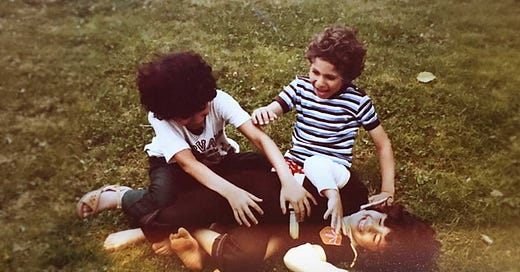




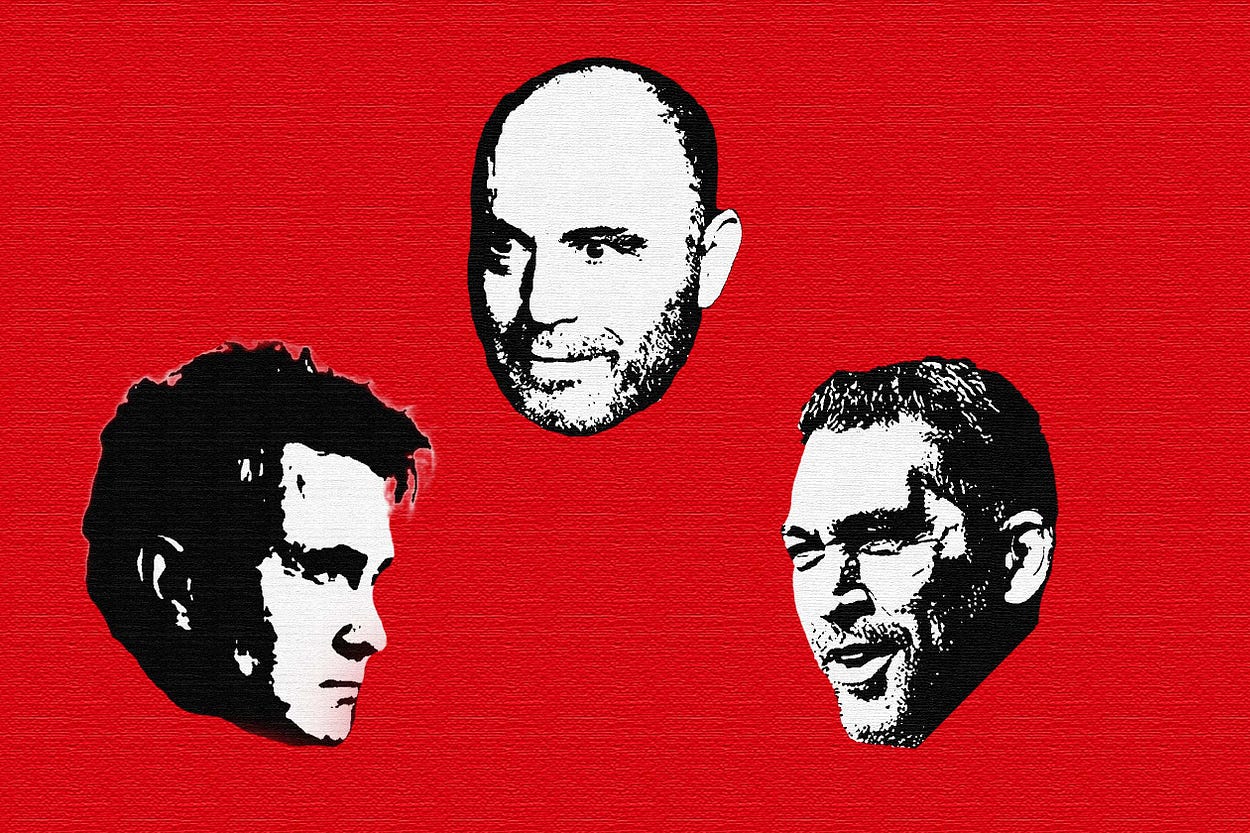



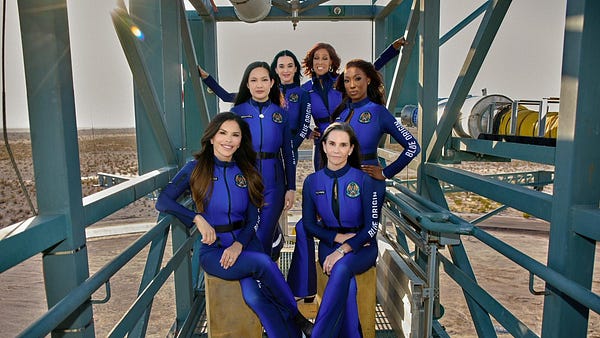

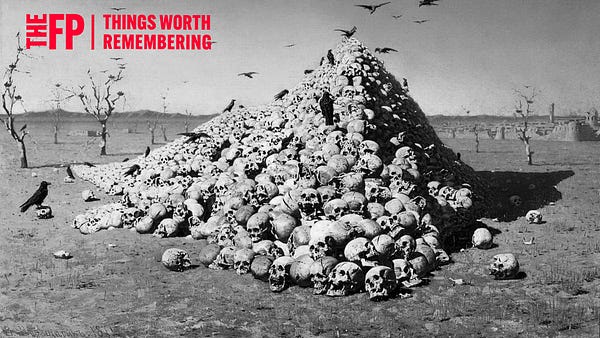



Why does radical Islam hate women so much? Are they afraid of us?
As an Iraqi myself I was horrified and deeply saddened by the continued movement towards radical Islam, ushered in by the large Shia control and influence, courtesy of Iran in Iraq. This was not how my family grew up and the values of our homeland. The women in my family were educated, dressed how they wanted, worked in every sector. Also, Saddam was secular and one of his main goals when he came to power was the push for literacy and education for women. This is all a result of the devastating and unjust invasion and occupation by the US. The entire region has been destabilized and people’s lives have been destroyed and it’s all due to the failed foreign policies of the West. Countries like Iraq and Syria kept Iran in check, they were actual stabilizers of the region. Now look at Iraq, crumbling infrastructure, contaminated soil and water from the depleted uranium used in the weapons, women and girls have no rights and are invincible in public sphere, discrimination and violence against minorities, a populous that is being educated in propaganda. Now we have government sanctioned pedophilia, absolutely horrifying. I also grew up Chaldean, the Christian minority in Iraq, we lived a good life and now in countries all over the Middle East, Christians are being targeted with violence and discrimination, in an attempt to push us out of our homelands and erase our history. Bari, get in touch if you’d ever like to hear my story.